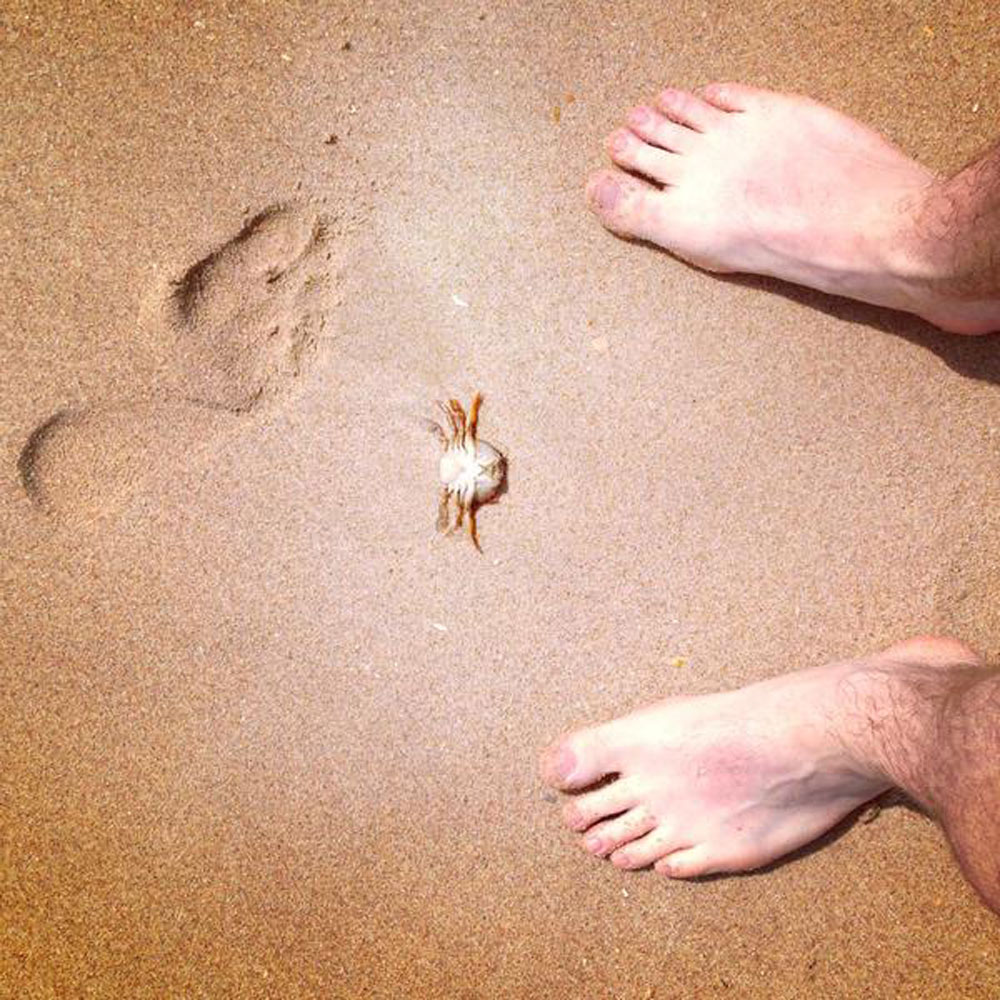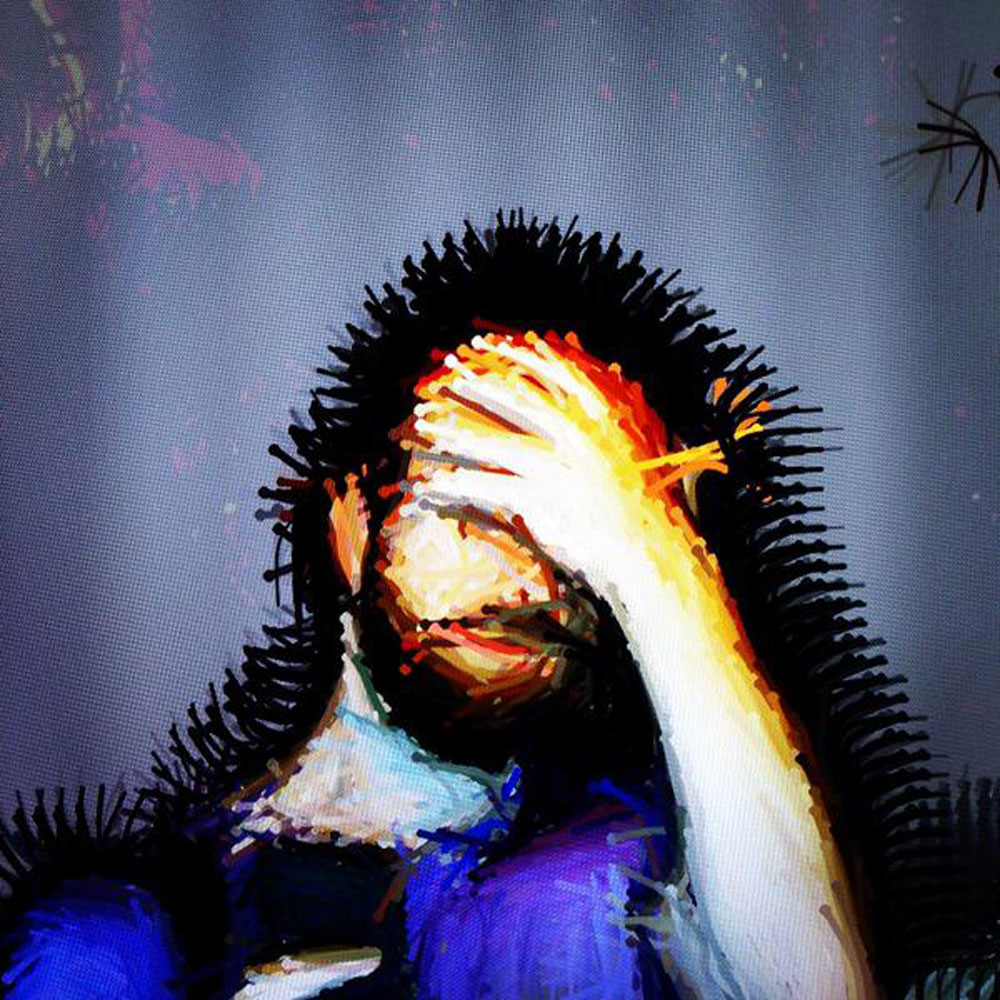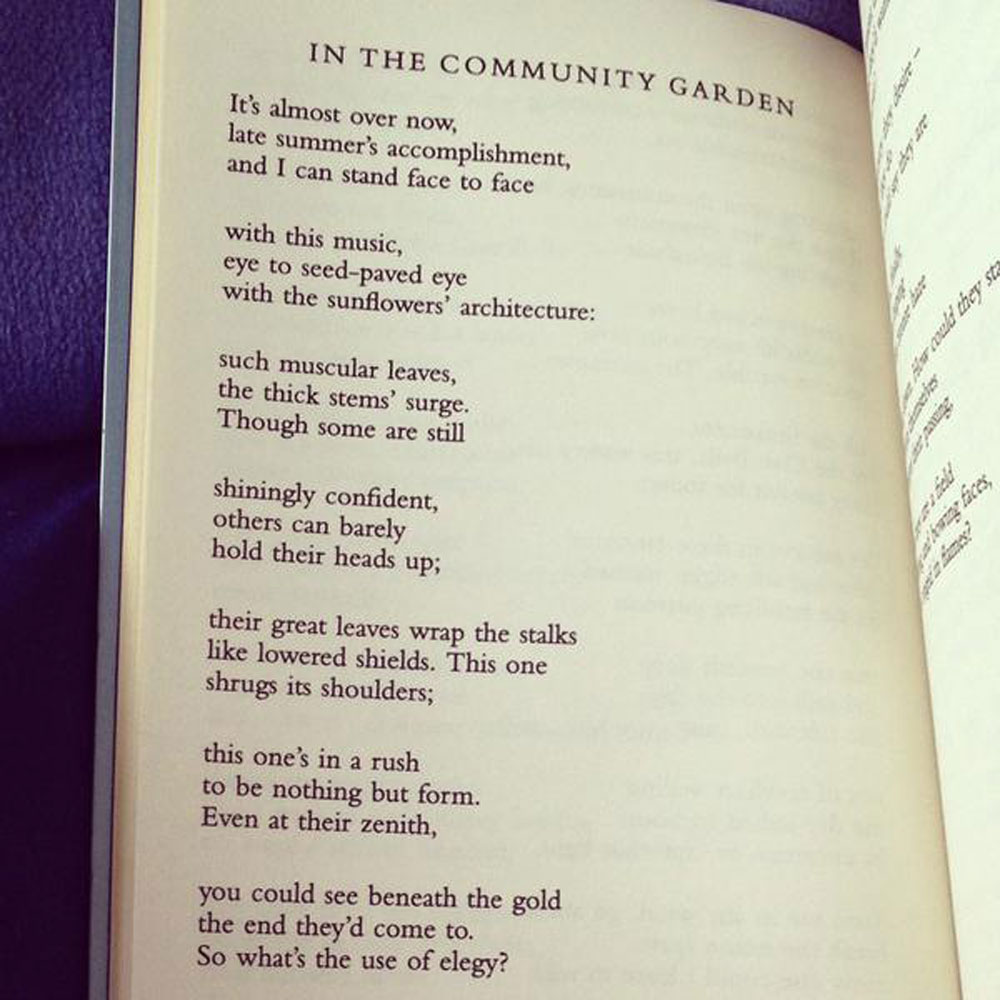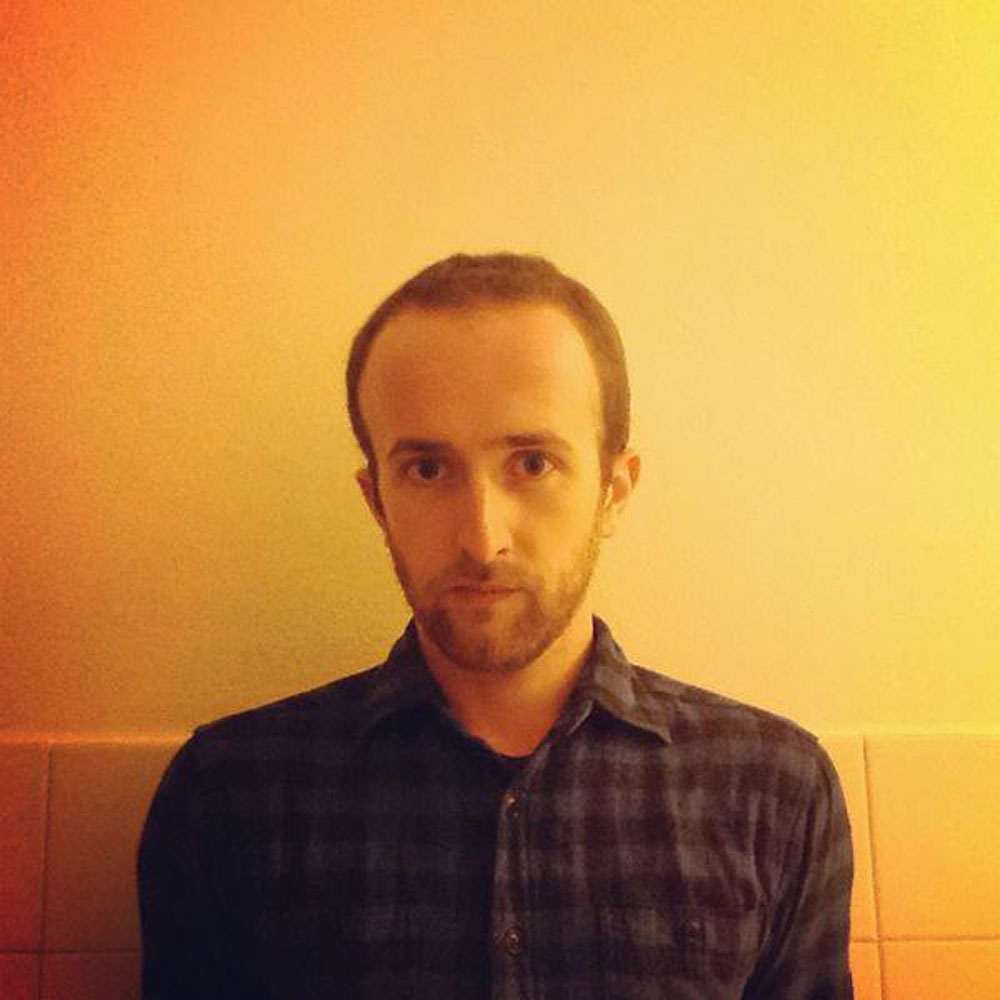I go to a lot of marketing conferences. Which means I sit through an awful lot of marketing pitches and presentations. But, until last month, I hadn’t sat through a single one that made me reassess how I lived my life.
Becky Rowe, managing director at ESRO, a market research company, changed all this at Customers Exposed, an event organised by the Market Research Society. Her subject was one that plays out in the background of the minds of most people with an internet connection (that’ll be just under 3bn people): the nature and value of online friendships.
“The digital world is changing friendship. It’s adding a lot – giving us tools to enhance friendship, because it’s easier now to stay in touch,” Rowe told us. “But it’s also a place where we can hide from life. It can become a distraction from reality.”
 I’m on the beach. You’re probably not. Ha ha!
I’m on the beach. You’re probably not. Ha ha!
In an ongoing research project, ESRO is exploring the various ways in which these virtual connections can have a negative – even a toxic – effect on our lives.
For example, Rowe met a cancer survivor, struggling with the idea that his friends didn’t know how to support him and the idea that, since the diagnosis, lots more friends had emerged from social media to ‘ambulance chase’. This Facebook support might have provided a bit of a boost at first – but was, ultimately, not entirely welcome. However all-enveloping the support system that surrounds them, the sufferer suffers alone.
And that can be true for more quotidian life experiences than cancer. The digital world – and, specifically, social media – makes everyone look connected. Which means we deceive ourselves that the number of connections we cultivate equates to a qualitative improvement in our social lives. This dynamic can play out in disturbing ways among the young and the vulnerable, Rowe said. She had observed one 13-year-old from a ‘very difficult’ family background, living in a remote part of England, preparing to go out and meet a boy she’d never met (apart from on Facebook) in another city. And the reason why she felt the need to travel to cultivate this connection? Facebook again. “Look at my profile,” the girl told Rowe. “Everyone in my village hates me. So I need friends in other cities.” Her Facebook connections had made her feel like a toxic person; the way they presented themselves via their profiles made her feel inferior – and alone.
 I saw lots of you post this exact picture from this exhibition, so I did too
I saw lots of you post this exact picture from this exhibition, so I did too
Obviously, you don’t need to be very young and vulnerable to have been made to feel bad by the apparently your social media connections. “We don’t always look like your profile picture,” Rowe said. “Digital is a place where we can retreat to, where we have no problems. While we strive for perfection in our online identity, what place does perfection have in genuine friendship?”
Words most of us will identify with. And words that made me feel strangely culpable, as I diligently typed up my notes on my expensive laptop, in a comfortable conference room in one of Bloomsbury’s better hotels. While I felt a world away from the suffering cancer patient or sad rural teen, it struck me that the dynamic described and tracked by the ESRO research was clearly present in my own life.
It didn’t help that I’d just spent the break juggling updates, likes and messaging from all the various social apps on my phone. Facebook for reading updates from old friends and acquaintances; Whatsapp for whoever I’m chatting to a lot at the moment; Instagram for whatever pictures I took on my phone over the past couple of days (sometimes posted back on Facebook); Twitter for posting work stuff and following celebrities; Digg for clearing out my RSS feeds; LinkedIn for wondering if that recruiter’s messaged me back. Oh, and the four dating apps I look at regularly, too: though maybe the precise dynamic and rigidly adhered-to conversational and photographic rules of this particular social subset is best left to a future blogpost.
 I’m the type of person who reads poetry
I’m the type of person who reads poetry
The thing was, I had probably cycled through most of these several times during the morning, indulged in selective and rapid-fire liking, replying and – sometimes – ignoring and blocking, and at no point had I thought that what I was doing was, objectively, quite mad. As Rowe put it in her presentation: “For me, friendship needs to be a state of trust. It must be enduring, mutually beneficial. It’s an investment in each other. It’s a place where we can be ourselves.”
In other words, nothing like whatever it was that I was doing with my phone that morning.
All that said, Rowe did offer some hope for the future. She pointed out that many of the young people being studied by ESRO are reacting against these pressures in significant ways. For one thing, they are developing a tighter definition of a ‘good friend’. They are perhaps developing an immunity to the ‘friendification’ of the digital world.
“Is friendship in crisis? I don’t know. I’m hoping people are developing the tools they need,” Rowe concluded. “Friendship needs to be honest. We need to promote a healthy sense of identity among young people.”
 I shaved my beard off. Validate my choice by liking this picture!
I shaved my beard off. Validate my choice by liking this picture!
Words to live by. Perhaps we should all try one minor concession to honesty in our online friendship networks. What, for example, would be the result… if I started putting honest captions on my Instagram pictures?